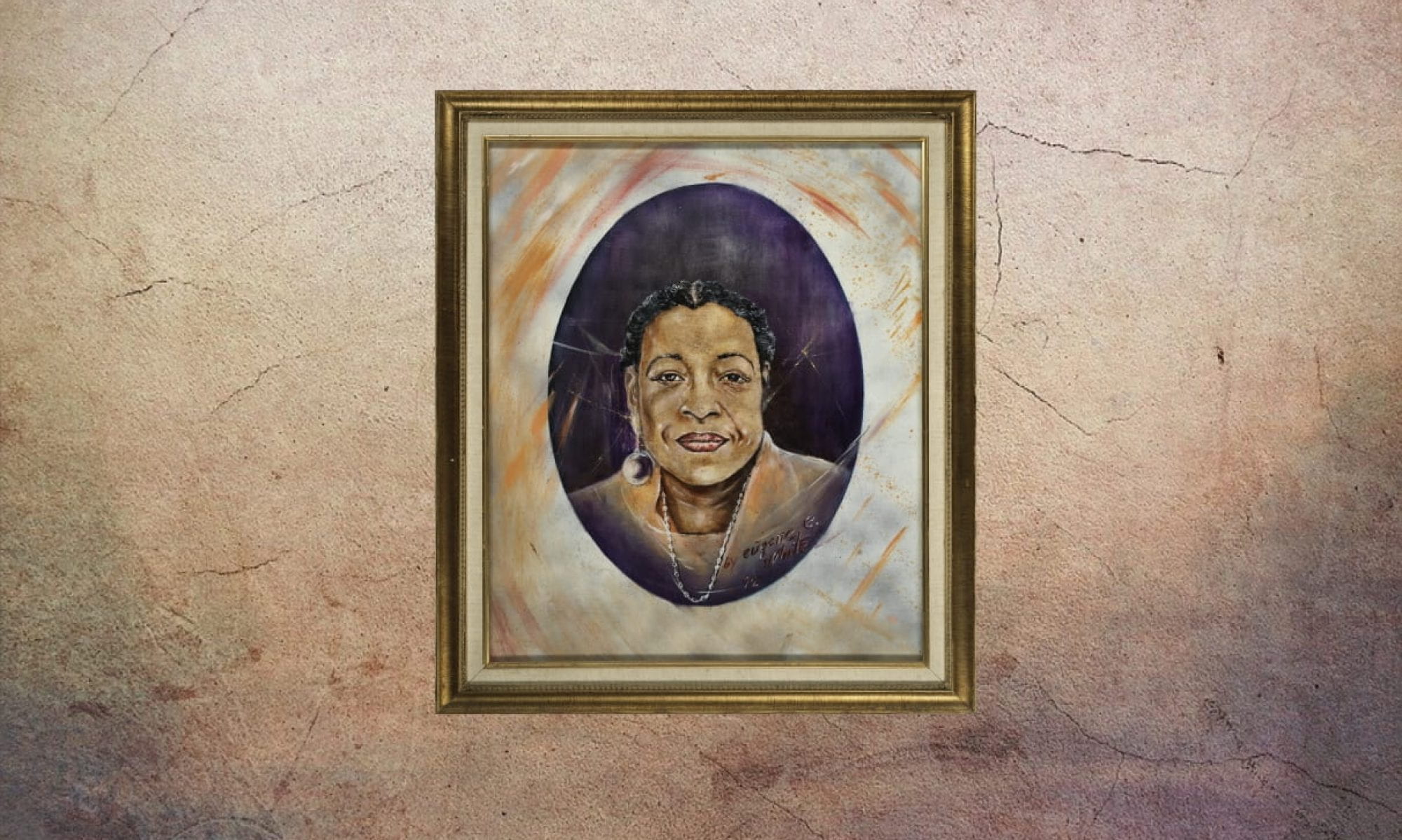
Dr. Willis F. Kirk, Jr. was born in Indianapolis, Indiana, in 1928. Kirk began playing the drums as early as the fourth grade. At the time, racial oppression embodied the aura of his hometown. His high school, Crispus Attucks High School, was built solely for the purpose of segregating black and white students. Kirk said, however, that “they [Ku Klux Klan] did us a favor because we ended up having the best arts programs” (Parish). Indianapolis birthed a load of renowned musicians from the era, including Wes Montgomery, Charlie Parker, and many more—all influencing Kirk’s interest in jazz. It was his high school music teacher Russell Brown, though, who was his greatest influence, helping him land his first paid gig while still in high school.
Kirk would have never imagined his future in education when he chose to pursue a career in music rather than attend college. He originally had plans of joining the Army when the local school system said they needed him to fill in for a teaching position, which he would accept and end up teaching in Indianapolis for 12 years. In the meantime, he had been playing music with friends from high school and touring with the likes of Wes Montgomery. He was then drafted into the military in 1950. After his honorable discharge, he would take advantage of the GI Bill and begin his attendance at Butler University in Indianapolis. Kirk lived a hectic life balancing his education, teaching, serving as a business agent for Indianapolis Musicians Local 3, and playing gigs, becoming almost too much for him to handle once he got married and began raising a family in 1955.
Kirk began his long-term stay in the Bay Area when he moved to Oakland in 1968 with his family, beginning his work as a music teacher at Elmhurst Junior High School. Teaching in a lower income neighborhood, the main problem he would encounter was the scarcity of resources. When he arrived at the school, the music department consisted of “a bass pedal, a snare drum, a bass drum, a clarinet, and a trumpet” (Parish). He centered his focus on community outreach, traveling from house to house asking for spare equipment and donations. He even began the Early Bird Program, where students could come to school early any day of the week to play music before attending class.
Kirk soon after began a counseling job at the City College of San Francisco. He worked with the college for 23 years, starting in 1969, while in the meantime playing gigs of his own, mainly for the San Francisco All-Star Big Band.
Kirk took a significant step in his career when he was named Assistant President of City College in 1985, where he was in charge of the evening sector of the college. President Carlos B. Ramirez in 1988, however, left to take a position at the University of New Mexico, which led to the history-shaping event of Kirk’s appointment as the President of City College. As that institution’s first African American President, he served from 1988–1991. He retired from his career in music education at the end of his term as President Emeritus.
Willis Kirk boasts an extensive record of accomplishments within his music career. He played with countless music legends such as Duke Ellington, Lionel Hampton, Tony Bennett, as well as his close friend, the ground-breaking guitarist Wes Montgomery. One of Kirk’s proudest moments was when he sat in on drums for Max Roach, playing a two-hour set with “Bird”—the legendary saxophonist Charlie Parker in 1949.
He aided his musical protégé David Hardiman, Sr., in founding the David Hardiman All-Star Big Band, which still performs today. He served on the Board of Directors for the African American Jazz Caucus Dance Band, later with their help recording his masterful religious jazz album Rejoice! Rejoice! He would receive the Jazz Masters and AAJC Meade Legacy Griot awards. Directly encompassing his legacy in music education is the Dr. Willis Kirk Scholarship Fund that was founded in order to aid students pursuing careers in music. A student of his once remarked, “He showed us that anything is possible and any dream is achievable with hard work, passion, and determination” (Scholarship Fund).
Dr. Willis F. Kirk, Jr., received an Honorary Doctorate Arts Degree from his alma mater Butler University in 2009. His unfortunate passing occurred not long after, in 2016. He was buried in Indianapolis.
Kirk devoted much of his life toward music and education, with the end goal that “the inner city shall have music, too” (Scholarship Fund). He was a vital influence to many of the current generation of musicians in San Francisco, solidifying his place as a progressive changemaker for all on the Inspirations mural.
— Marcelo Swofford
Works Cited
“Dr. Willis F. Kirk Scholarship Fund.” YouTube, Kirk Scholarship Fund. 26 May 2017.
Hardiman, David, Sr. “Dr. Willis F. Kirk, Jr. 1928-2016, Transitioned.” LinkedIn. 19 Feb 2016.
“Interim President of City College.” SF Examiner. A-25. 3 Feb 1989.
Parish, Matt. “Dr. Willis Kirk: A Sacred Jazz Life.” JazzEd. 25 Mar 2013.
“The Legacy Series: Willis Kirk, Jazz Drums.” Musicians Union Local 6. 2016.
